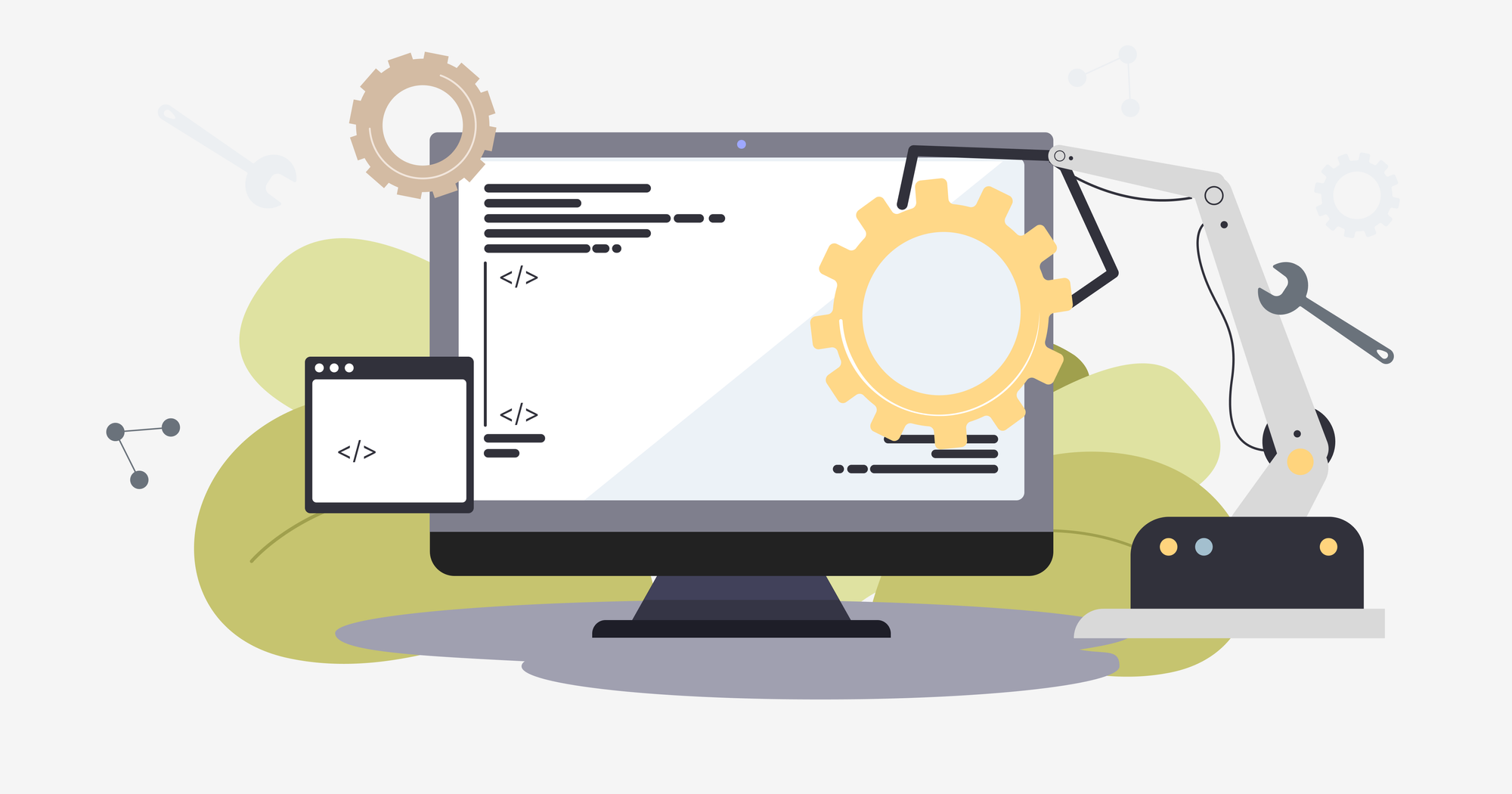In today’s world of web development, maintaining high-quality code is essential for the success of any web resource. One of the key processes that ensures code quality is refactoring.
What is code refactoring?
Refactoring is the process of improving code without altering its external behaviour but significantly enhancing its structure, readability, and ease of modification. The main goal is to make the code more organized and maintainable, facilitating future updates and extensions to web resources.
Key signs that indicate refactoring is needed:
- Time lost in understanding code. If new developers spend too much time reading the old code, it can slow down productivity and impact your project’s budget.
- Delays in modifications. When changes are delayed due to code complexity or lack of clarity, refactoring becomes crucial to keep things running smoothly.
- Need for technology updates. As technology evolves, tasks that previously required many lines of code can now be achieved more efficiently. Updating your code allows you to keep pace with technological advancements and enhance your website’s performance.
It’s important to treat these signals not as subtle hints, but as clear guidelines for action—refactoring is needed.
Why refactoring matters:
- Improved readability. Clean code is easier to understand and modify, which simplifies the work for the development team.
- Simplification. By reducing code complexity, refactoring decreases the possibility of errors and makes maintenance easier.
- Enhanced performance. Optimized code allows web applications to run faster and more efficiently.
- Maintenance and expansion. Well-organized code is easier to extend with new features.
- Error correction. Refactoring helps identify and eliminate hidden bugs in the code.
Benefits of refactoring:
- ROI (Return on investment) analysis. Refactoring can reduce overall development and maintenance costs, positively impacting your project’s ROI.
- Modern methodologies and tools. New methodologies and tools simplify the refactoring process, minimizing risks.
- Team impact and psychological benefits. Clean, well-organized code lowers stress levels within the team, reduces conflict, and boosts morale.
Refactoring should be done thoughtfully and with careful planning. Key areas to focus on include removing dead code, eliminating duplications, optimizing element names and sizes, and reviewing comments and adjacent code sections. It’s critical to create backups, thoroughly test all changes, and leverage modern tools and methodologies to streamline the process and mitigate risks.
At JSN, we prioritize code quality, as it’s essential for the success of web projects. While working on legacy code, we always strive to optimize and improve it. By making small, regular adjustments, we maintain clean code, avoiding the need for large-scale overhauls.

